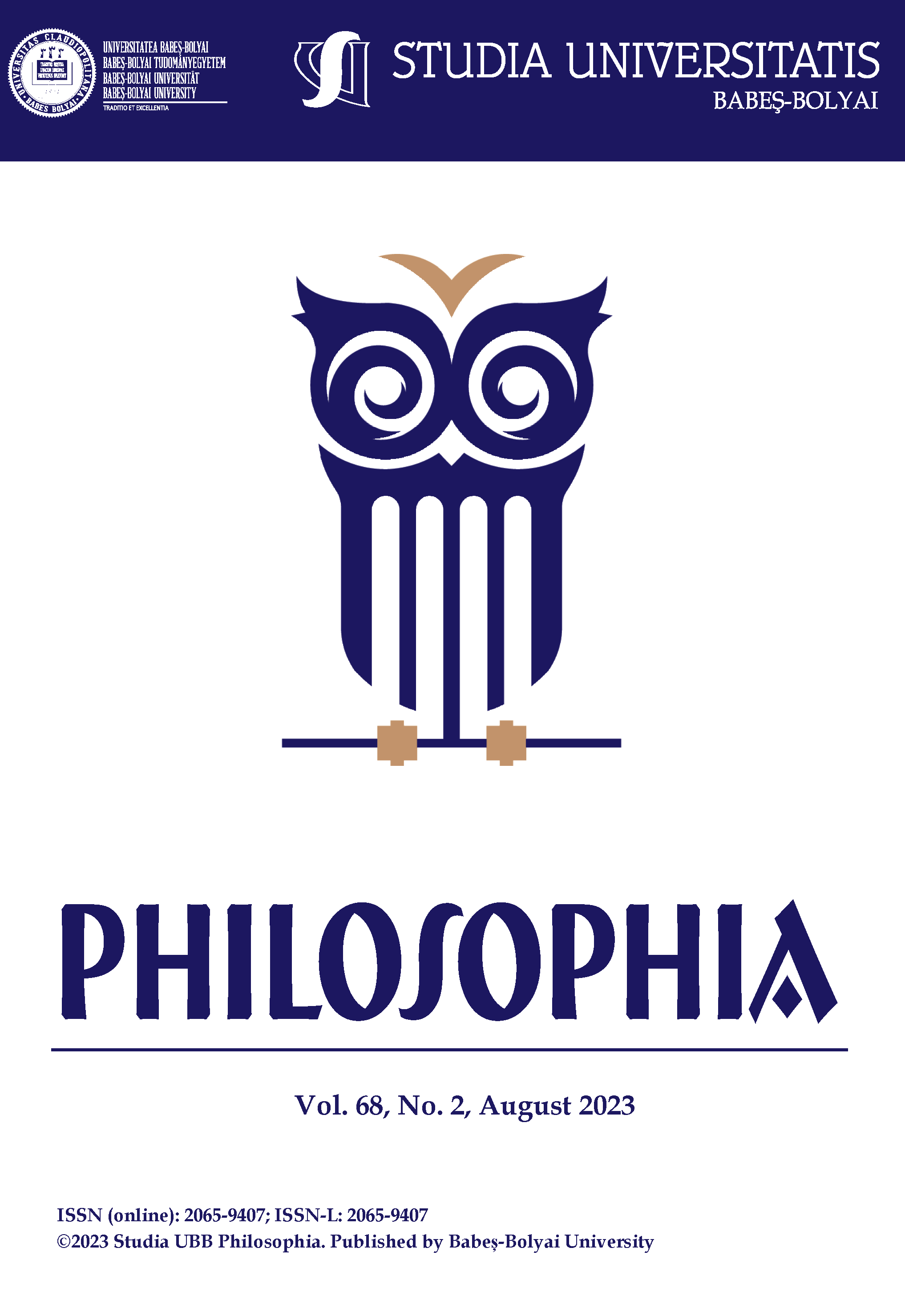LA SHOAH, LE MAL ET LA PHILOSOPHIE
DOI:
https://doi.org/10.24193/subbphil.2023.2.05Keywords:
Evil, Meaning, Philosophy, Shoah, ThoughtAbstract
Shoah, Evil and Philosophy. To speak of the philosophy of the Shoah presupposes a philosophy of philosophy -that would stand in the pre- or post-position of a meaning and the subsumption of an object under a concept. But there is no concept of the Shoah because there is no intelligibility that could justify it. Of this «incomprehensible incontestable» as Victor Hugo said of God, literature can only approach the massive enigma. The «banality of Evil» prevents one from thinking that Evil thinks, and with such a radicality that it demands of the existence itself, and a fortiori of that of the Shoah, irrefutable proofs. By blurring the hypothesis of a flawless equivalence of intelligibility and existence, the Shoah questions the question of meaning.
RÉSUMÉ. Parler de philosophie de la Shoah présuppose une philosophie de la philosophie qui se tiendrait dans la pré- ou post-position d’un sens et la subsomption d’un objet sous un concept. Or il n’y a pas de concept de la Shoah parce qu’il n’y a nulle intelligibilité qui pourrait en rendre raison. De cet « incompréhensible incontestable » comme disait de Dieu Victor Hugo, la littérature peut seule approcher l’énigme massive. La « banalité du Mal » empêche quant à elle de penser que le Mal pense, et avec une telle radicalité qu’il exige de l’existence elle-même, et à fortiori de celle de la Shoah, des preuves irréfutables. En brouillant l’hypothèse d’une équivalence sans faille de l’intelligibilité et de l’existence, la Shoah met en question la question du sens.
Mots-clés: Evil, Meaning, Philosophy, Shoah, Thought
References
H. Arendt, “Eichmann à Jérusalem. Rapport sur la banalité du mal”, in Les origines du totalitarisme. Eichmann à Jérusalem, Paris, Gallimard, “Quarto”, 2001.
I. Kant, Préface à la seconde édition de la Critique de la raison pure, GF Flammarion, trad. J. Barni, Paris, 1976.
E. Levinas, De Dieu qui vient à l’idée, Paris, Vrin, 1982
J. Semprun La mort qu’il faut, Paris, Folio, 2002.
Id., L’écriture ou la vie, Paris, Folio, 1996.
Downloads
Published
How to Cite
Issue
Section
License
Copyright (c) 2023 Studia Universitatis Babeș-Bolyai Philosophia

This work is licensed under a Creative Commons Attribution-NonCommercial-NoDerivatives 4.0 International License.





